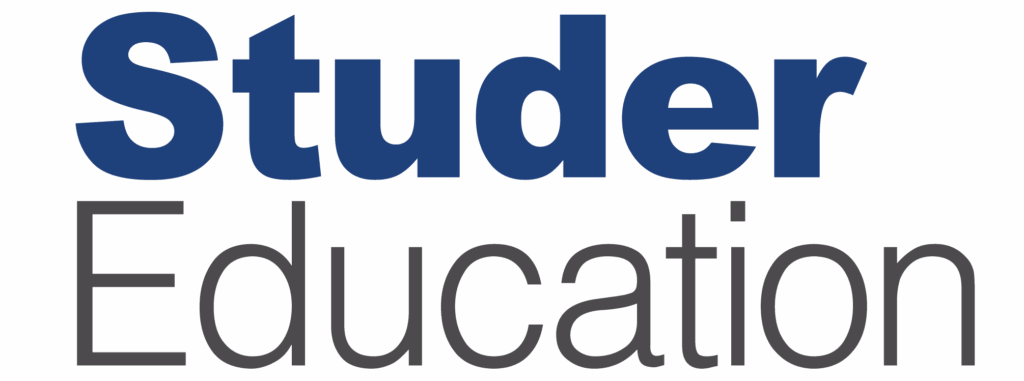How does going slow to go fast build a strong foundation for continuous improvement? Join Superintendent Ira Porchia and Assistant Superintendent Jennifer Marroquin of Tulare City School District as they share with Dr. Janet Pilcher how a thoughtful, deliberate approach is building alignment and fostering a sense of belonging. Hear how practices like rounding, consistent communication, and recognizing employee contributions are increasing employee engagement.
Episode 363
Go Slow to Go Fast
How does going slow to go fast build a strong foundation for continuous improvement?
Listen Now
Hosts

Janet Pilcher
President, Studer Education
About the Episode

- Key leadership strategies for driving organizational excellence
- Practical tactics to engage and develop your team
- Insights to accelerate continuous improvement
Pillar 8: Develop People to Improve and Perform
Pillar 9: Continuously Improve to Achieve Success
More Like This
Browse AllWant to bring books to your team?
We support districts with bulk ordering options, reading guides, and professional learning plans built around our published content. Our books offer a shared language for system-wide alignment, whether for a leadership retreat, professional learning series, or district-wide initiative.
























